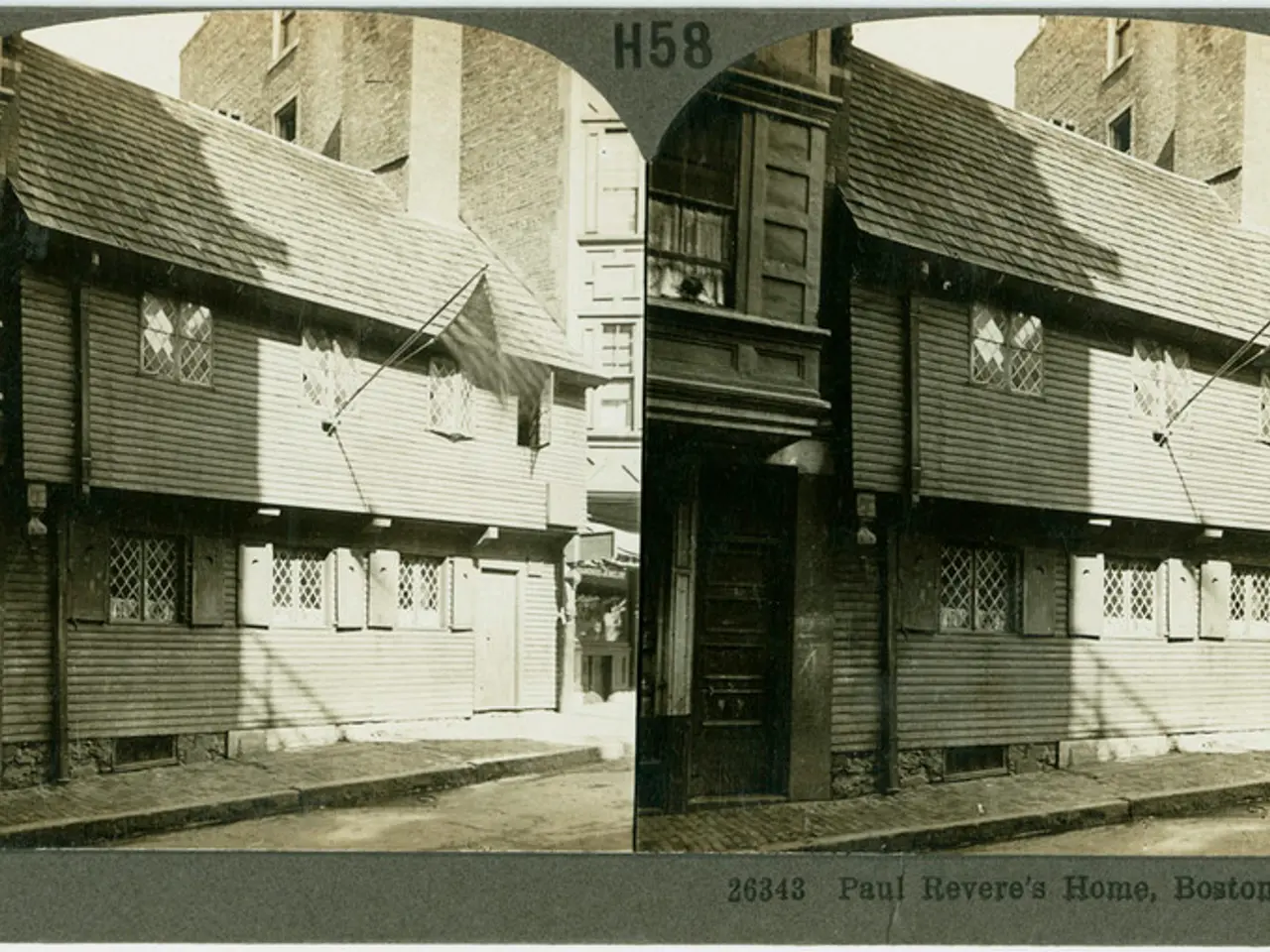Karlsruhe: A hub of culture, technology, and law, known as the city of arts
Nestled on the right bank of the Rhine, Karlsruhe, Germany, stands as a testament to architectural innovation, political significance, and cultural prosperity. Founded by Margrave Karl Wilhelm of Baden-Durlach in 1715, this vibrant city boasts a rich history that intertwines with Enlightenment reforms, military heritage, and constitutional importance.
The city's unique fan-shaped layout, centred around the majestic Karlsruhe Palace, is a symbol of its origins as a planned capital. This architectural masterpiece, designed by Charles III William, has stood the test of time, reflecting the city's enduring spirit.
Charles Frederick, a liberal and enlightened ruler, further developed the region. His reforms modernised the government and society, emancipating peasants, abolishing torture, and improving social institutions. Under his reign, Baden grew in prominence, and he became grand duke in 1806, adopting the Napoleonic Code, which shaped the legal framework of the territory.
Karlsruhe's historical significance extends into the 20th century. The city lent its name to the SMS Karlsruhe, a notable light cruiser of the German Imperial Navy during World War I. Today, Karlsruhe is known as the "Residence of Justice," as it is the seat of the Federal Court of Justice and the Federal Constitutional Court, playing a vital role in Germany's postwar legal and constitutional development.
Modern Karlsruhe is a bustling city with a diverse architectural landscape, ranging from Classicism to contemporary buildings. The city is home to over 135 cultural institutions, offering a variety of cultural events and attractions such as the ZKM (Center for Art and Media), the Baden State Theater, and the Botanical Garden.
Karlsruhe is also a city that values sustainability and offers an excellent quality of life. It ranks first in the category of "200,000-500,000 inhabitants" as one of the most bike-friendly cities in Germany. The city council, consisting of the mayor and 48 honorary city councilors, works tirelessly to maintain this reputation.
With a current rent index of around 12.94 euros per square meter, Karlsruhe is an attractive destination for families, offering popular spots like the Zoological City Garden, featuring small gondola boat trips on the city garden lakes, and various festivals and events throughout the year, including "Das Fest," the Karlsruhe City Festival, the Karlsruhe Trade Fair, and the Karlsruhe Christmas Market.
Karlsruhe's football team, KSC, plays in the second Bundesliga, adding to the city's vibrant atmosphere. The city's rich history, combined with its modern amenities, makes Karlsruhe a city that truly embodies the spirit of progress and innovation.
From the classical buildings shaped by Friedrich Weinbrenner in the 19th century to the Jugendstil and Gründerzeit architecture, Bauhaus, and post-war architecture, Karlsruhe's architectural landscape is a fascinating tapestry of style and history. The city has also been home to notable figures such as Anna Ettlinger, a writer and feminist, and Fritz Haber, the inventor of poison gas, and his wife Clara Immerwahr.
Inhabitants of Karlsruhe are affectionately referred to as "Karlsruhe" in everyday usage, but they are also playfully called "Gelbfüßler." Despite its size, Karlsruhe has a tight-knit community feel that welcomes newcomers with open arms.
In summary, Karlsruhe is a city that offers a unique blend of history, culture, and progress. Whether you're drawn to its architectural wonders, its vibrant cultural scene, or its commitment to sustainability, Karlsruhe is a city that truly has something for everyone.
The city council of Karlsruhe, consisting of the mayor and 48 honorary city councilors, works tirelessly to maintain its reputation as one of the most bike-friendly cities in Germany, showcasing its commitment towards sustainability.
Modern Karlsruhe's architectural landscape, a fascinating tapestry of style and history, boasts a mix of classic buildings shaped by Friedrich Weinbrenner and contemporary structures, creating an attractive destination for families seeking a diverse lifestyle that spans home-and-garden, travel, sports, and culture.




